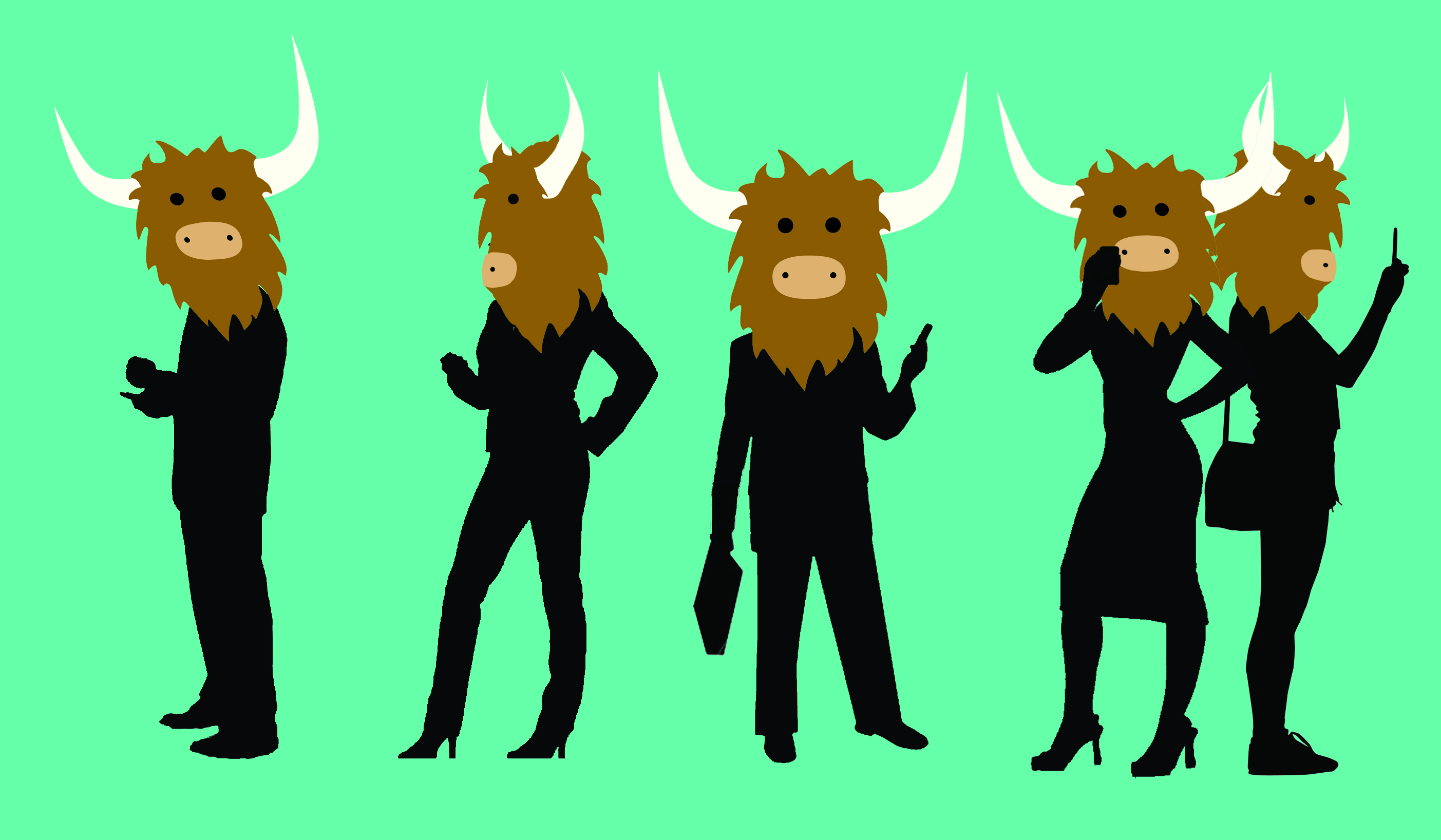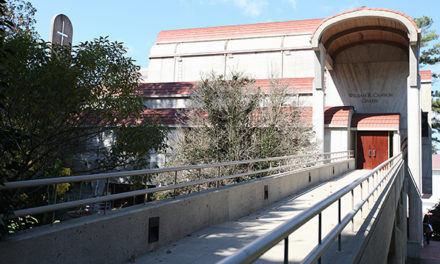In 2013, Furman University graduates Tyler Droll and Brooks Buffington launched the social media app Yik Yak, which allows users within a five-mile radius to anonymously create, vote on and comment on discussion threads made by other users in the vicinity. Since its inception, the app’s popularity has grown so much that it raised $73 million in revenue by March 2015.
Among the most avid users of Yik Yak are college students, who see the app as an unregulated platform for blunt discussions and humor among fellow students where the consequences are devoid of punishment. On the app, students may discuss frustrations with their classes or personal lives. Often, Emory campus users have made self-deprecating jokes surrounding their failures with relationships. Many of these jokes and frustrations are probably posted light-heartedly. On most days, the majority of yaks surround common grievances suffered by the average college student, such as exams, relationships and friends.
Yik Yak posts are ranked by popularity through its voting system. Users can “upvote” posts that they like and “downvote” posts they dislike, and the app has a section where a user can read the most upvoted posts. If a post gets five downvotes in its area, it disappears.
However, recently there has been a surge of yaks regarding racial issues after the events surrounding the resignation of University of Missouri President Tim Wolfe. At Emory, a large portion of yaks in recent days have been about our own racial issues and misunderstandings on this campus, especially after the protests that took place on Nov. 11 on Clifton Road. Recently, there has been genuine discussion on the app regarding these issues.
Through this anonymous forum, many students have expressed the daily institutional and subtle racism faced on this campus. Many have expressed solidarity for the protestors at Emory University and the Black Lives Matter (BLM) movement as a whole. On Nov. 12, one of the most popular yaks stated that “all American lives matter the same and deserve to be equal. But I support Black Lives Matter because black lives haven’t been treated like they matter equally.”
Many have clarified misconceptions about what the BLM movement truly represents. Some have questioned the methods of protesting, namely blocking traffic on Clifton Road, where the Emory University Hospital is located. Protestors, although, did move aside for ambulances. Some have expressed disagreement and confusion over the goals of the protests.
A wide variety of opinions and positions are taken on Yik Yak, and users can accept these as honest opinions probably because of their anonymity and the lack of reprisal they face. With many students, including myself, there’s a genuine and immense concern to be politically correct and to not offend people. The concern only intensifies as people become more immediately affected by the pressing issues at hand, especially something as severe and infiltrating as racial injustice.
In the public sphere, these student users may not openly express opinions at all, which is counterproductive to the crucial dialogue a college campus seeks to promote. Even worse, they may avoid the issue because they fear that passionate advocates may censure them with strong opinions. For instance, since coming to Emory, I’ve essentially suppressed any expression of my opinions surrounding the Israel-Palestine conflict for many reasons: I’m not immediately involved in the conflict, there are other students much better informed and passionate and I fear the potentially harsh response if I take a polarizing stance on the issue. These instances are the exact opposites of the values that the university seeks to promote.
More importantly, when a marginalized identity experiences injustice, Yik Yak is sometimes where frustrations are expressed. This is because not all students are comfortable expressing these frustrations openly out of fear of being judged by fellow students. Often at Emory, posts detailing a prejudiced encounter are “upvoted,” and users reply with immense support, showing a minority that they’re not alone in their struggle on this campus.
Unfortunately, Yik Yak can be a tool for hurtful and offensive comments as well, and sometimes even extremely harmful ones. In many high schools and smaller colleges, it can be used for extensive gossip and cyber-bullying. A recent yak in response to a Black Lives Matter post outrageously claimed that a black student was only on campus because of Affirmative Action. Similarly, there may be many more posts of the same malicious content, but Yik Yak’s voting system deletes many negatively voted posts. Since these posts are deleted, students are inaccurately lulled into believing far less prejudice exists on campus than there truly is. Thus, Yik Yak is designed so users predominantly see the posts most popularly approved by people in the area, and for Emory students, the posts most approved by students on campus. In doing so, Yik Yak skews its feed in order to avoid representing prejudiced posts and in turn casts a false positive light on the true expressions of Emory students.
Furthermore, Yik Yak can also be used as a threatening mechanism, even so far as threatening the lives of others. For example, at Oxford College on Oct. 11, a student used Yik Yak to post this shooting threat: “I’m shooting up the school. Tomorrow. Stay in your rooms … The ones in the quad are the ones who will go first.” Another example lies with University of Missouri student Hunter M. Park, who posted the following threat after Wolfe’s resignation: “I’m going to stand my ground tomorrow and shoot every black person I see … Some of you are alright. Don’t go to campus tomorrow.” Especially in the face of devastating school shootings like those of Umpqua Community College and UC Santa Barbara, these yaks are evidence that the app can pose tremendous threats to the safety of students.
In its anonymity, Yik Yak has the potential to override while also be used as a tool for oppression. In his letter to the Emory community, Senior Vice President and Dean of Campus Life Ajay Nair stated, “We may encounter unsettling, ignominious, unpopular and even offensive and hateful ideas … If we don’t counter the ideas we disagree with, we cannot possibly create a more socially just community.” I agree completely with Nair.
Although Emory administrators preach open expression, dialogue and communication, the reality reveals that none of the above has yet to be achieved. Instead of incessantly praising our school’s diversity and open-mindedness, it’s important for us to acknowledge that we as a university still have a long way to go to bridge these gaps in understanding, no matter how well-intentioned we may be. Whenever we bridge these gaps, will we have as much of a need for Yik Yak anymore?
Ryan Fan is a College freshman from Stony Brook, New York.





